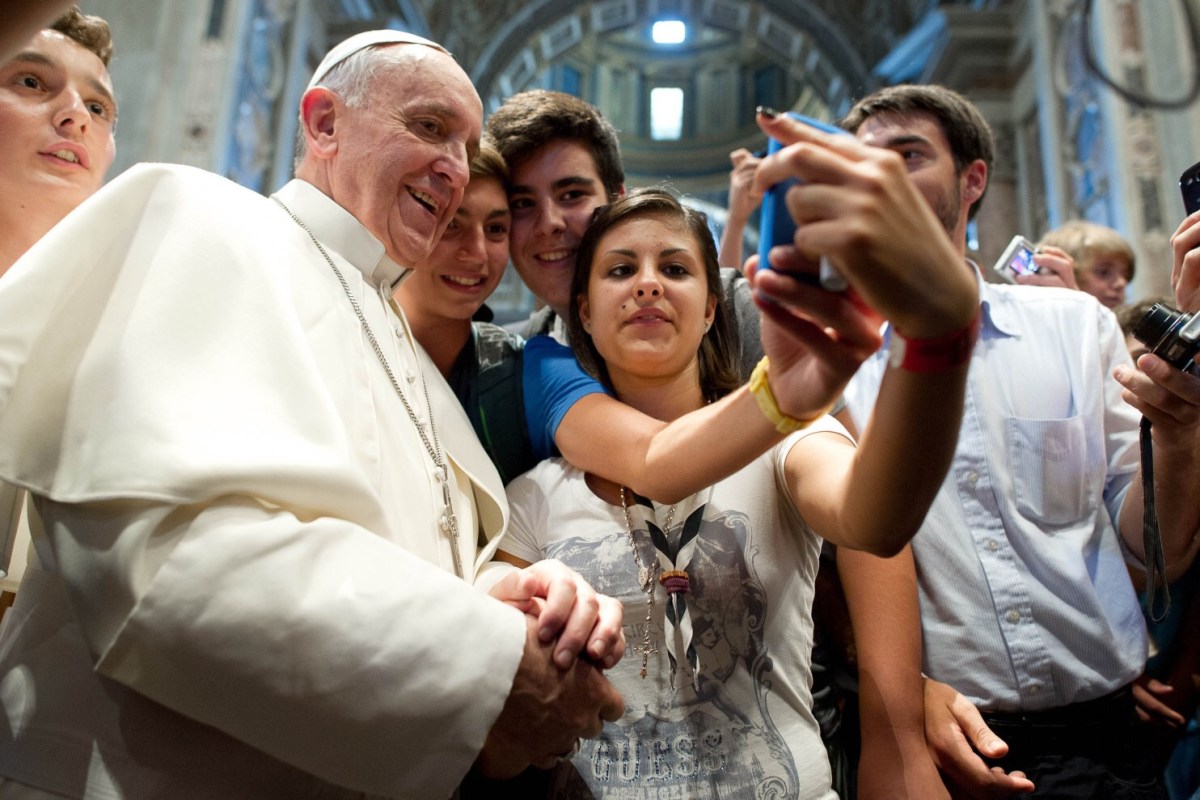
Young people in their late teens and early twenties are more likely to believe in God than millennials in their late twenties and thirties, according to polling that suggests the trend for younger people being less religious is changing.
It has been suggested that the ease with which young people can access information about faith and find like-minded people online may have helped to build and bolster their faith. Experts said they faced less “stigma” from their peers for being open about their religious beliefs and may have been driven to think more about them during the pandemic.
The survey by YouGov also found, however, that religious and spiritual belief in Britain has declined overall during the pandemic, with the proportion of people citing faith in God or some kind of “higher spiritual power” falling from 49 per cent to 44 per cent between January and November this year.
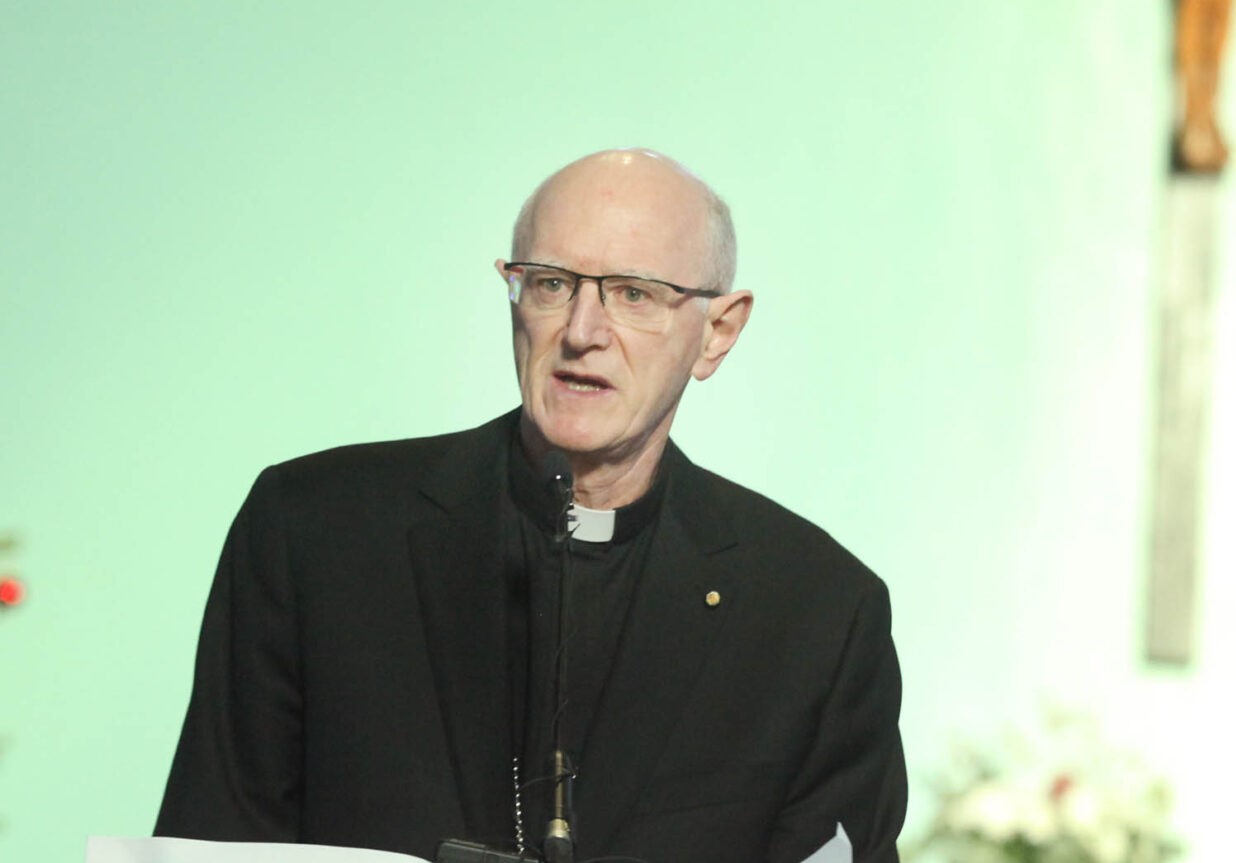
Pope Francis has appointed Dr Dermot Farrell, until now Bishop of Ossory, as Archbishop of Dublin.
He replaces Archbishop Diarmuid Martin whose request for retirement has been accepted by the Pope.
Archbishop Martin will continue governing the diocese until the installation of Bishop Farrell.
The new bishop has lectured in Moral Theology at Saint Patrick’s College, Maynooth. In 1990 he was appointed as Executive Assistant to the President of College, Micheál Ledwith. In 1993, following Ledwith’s resignation, he was appointed Vice-President of Maynooth, and in 1996 was appointed President, a position he held until 2007.
From September 2007 he served as a Parish Priest in his home diocese of Meath, before being made Bishop of Ossory in 2018.
Among his extensive administrative experience, he served on the board of Allianz plc.
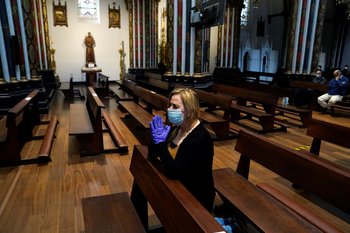
A US federal appeals court on Monday upheld challenges to New York state’s Covid-related attendance restrictions at houses of worship.
The Second Circuit court which covers New York, Connecticut and Vermont, ruled that Gov. Andrew Cuomo’s order limiting attendance at churches, mosques and synagogues in covid “hotspots” to 10 or 25 persons “discriminates against religion on its face.”
The ruling follows an earlier U.S. Supreme Court decision which had issued a temporary injunction against those limits pending the appeal.
Since that decision, on November 25, a majority of states have moved away from strict caps on worship attendance.
The Appeals Court also asked a lower-level District Court to reconsider the 25% and 33% percentage capacity limits using ‘strict scrutiny’ – the highest standard known to constitutional law. A spokesperson for the Becket Fund said that would be a hard standard for the Governor to meet.
“It would be better to stop trying to restrict synagogues, churches, and mosques. Gov. Cuomo should read the writing on the wall and let New York join the 33 states that do not cap or put percentage limits on in-person worship,” The Becket Fund added.
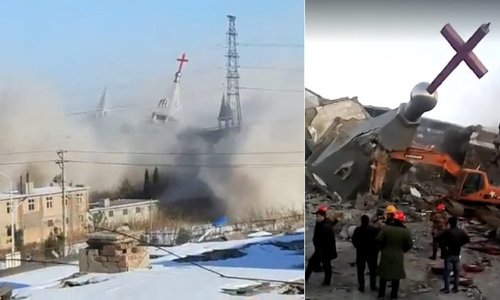
In its final newsletter for 2020, Asia Harvest said pastors have disconnected from their phones and computers so that government authorities can no longer use those devices to track their movements. These pastors have also reportedly destroyed the microchips inside their ID cards so authorities cannot track their locations using those devices either.
“Each person in China must have an ID card. It is impossible for a person to catch a flight or train, open a bank account, get a job, or rent an apartment without using their card. Each ID card contains a computer chip which is also used to track people’s movements,” the newsletter added.
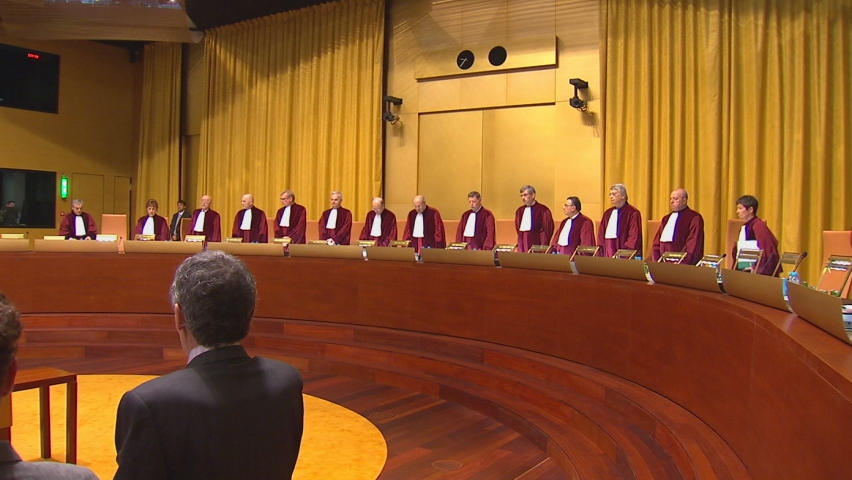
The European Union’s highest court has upheld Belgium’s bans on slaughtering animals without first stunning them, a ruling that confirms the prohibition on the production of kosher and halal meat in parts of Belgium and clears a path for additional bans across Europe.
Israel’s ambassador to Belgium called the ruling “a blow to Jewish life in Europe.”
Two of Belgium’s three states last year banned the slaughter of animals without first stunning them, a key requirement of kosher meat production. The laws were passed over the vociferous objections of Jewish and Muslim community leaders, and several groups — including one representing French-speaking Jews in Belgium — filed a petition arguing that the bans illegally limit religious freedom.
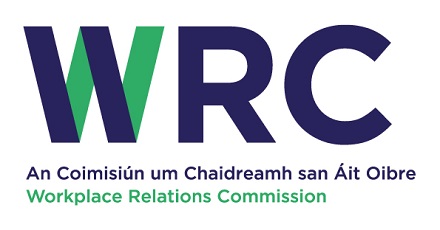
A multidenominational secondary school discriminated against a Catholic girl on religious grounds by favouring the admission of Church of Ireland students from a local primary school.
That is the finding of the Workplace Relations Commission (WRC) which has ordered the Dublin community school to admit the girl to second year next September.
WRC adjudication officer Brian Dalton has also ordered the school to cease giving Church of Ireland pupils from the nearby national school priority when it comes to enrolment in first year. In addition, it has been ordered to amend its admissions policy to ensure the prohibited conduct under the Equal Status Act ends.

The villa of a former communist dictator who heavily persecuted Christians has just been donated to the Church.
In 1956, after soviet tanks crushed the Hungarian uprising, János Kádár came to power and ruled the country for 32 years.
Last week, his plush residence in the hills outside Budapest was given to the Syriac Orthodox Church.
Viktor Orban, Prime Minister of Hungary, personally handed over the keys to the Syriac Patriarch Mor Ignatius Aphrem II who thanked the Hungarian Government for the gift.
It will be used as a Syriac Centre to aid Christians fleeing persecution in the middle East.
The decision was made as part of the Hungary Helps program, which has been providing assistance to Christian communities persecuted for their faith for four years now. The program has funded humanitarian projects in Syria, Iraq, Jordan and Lebanon; the renovation of homes damaged in the fighting in these areas; and the maintenance of one orphanage.
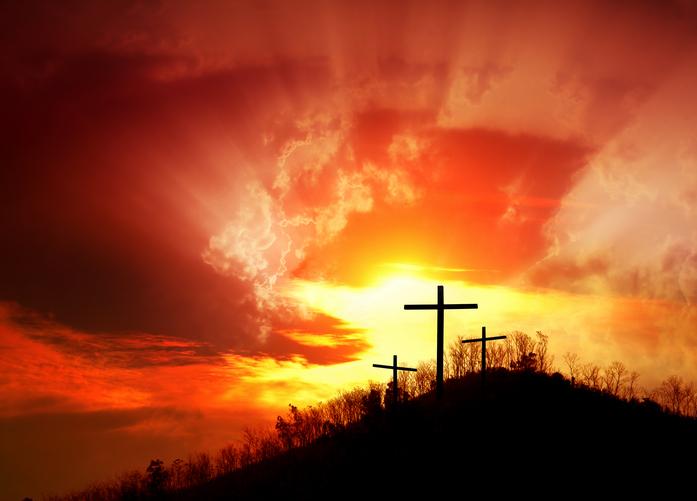
An 82-year-old Latino man with COVID-19 was beaten to death by a fellow patient with an oxygen tank at a hospital last week in Lancaster, California.
The victim, was being treated for a COVID-19 infection in a two-person room with suspect Jesse Martinez, according to the Los Angeles County Sheriff’s Department.
Martinez, 37, reportedly became upset when the victim, a Catholic, started to pray. He then struck his octogenarian roommate with an oxygen tank just before 10 a.m. Thursday.
The victim died the following morning from his injuries. According to the Sheriff’s Department, the two men did not know each other.
Martinez was arrested at the scene after hospital staff detained him, according to Lt. Brandon Dean, a spokesman with the Sheriff’s Department. Martinez was charged with murder, with an enhancement for elder abuse and religion-motivated hate crime.
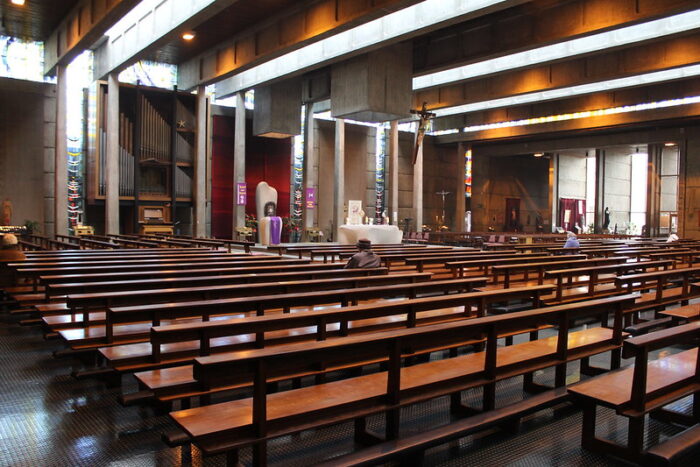
Religious services will again be effectively banned as the Government announced the imminent return of lockdown on the whole country.
Christmas religious services may take place, but will move online after 25 December when places of worship may remain open for private prayer.
10 mourners at most are permitted at funerals. Under the highest level of restrictions in England, public worship can continue.
Up to and including 2 January 2020, weddings can have up to 25 guests. From 3 January, weddings can have up to 6 guests.
The adjustments to Level 5 will allow non-essential retail to remain open, although it is requested that January sales events be deferred.
Gyms, leisure centres and swimming pools may remain open for individual training only, while outdoor golf and tennis are permitted.

Minister for Education Norma Foley has announced a Catholic patron for one of the four new post-primary schools to be established in 2021.
Le Chéile Schools Trust, formed from fifteen Catholic religious congregations, will operate the new secondary school in Ballincollig, Cork.
The three other schools, in the Booterstown-Blackrock-Dún Laoghaire area of south Dublin, in Gorey, Co Wexford, and in Dunshaughlin, Co Meath, will be run by Educate Together or an Education and Training Board.
In all cases, the minister accepted the recommendations of the New Schools Establishment Group.
Minister Foley said: “Parental preference is a key factor in deciding the patronage of new schools and I’m delighted that despite the ongoing Covid-19 situation, engagement levels from parents for this patronage process is generally in line with engagement levels in previous patronage processes.
“The views of parents as expressed through the process are reflected in the decisions I have made on the patronage of these four new schools.”